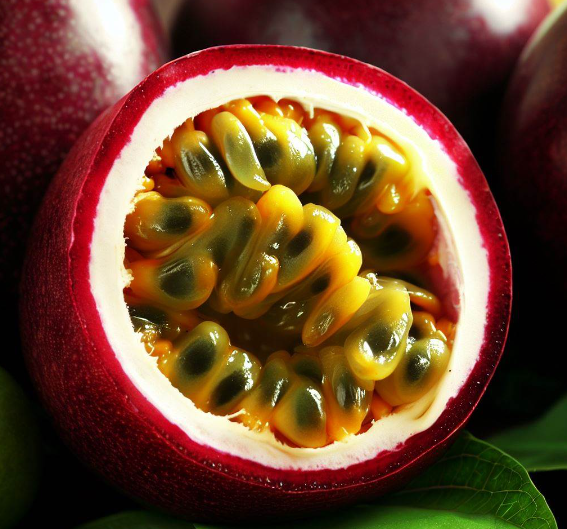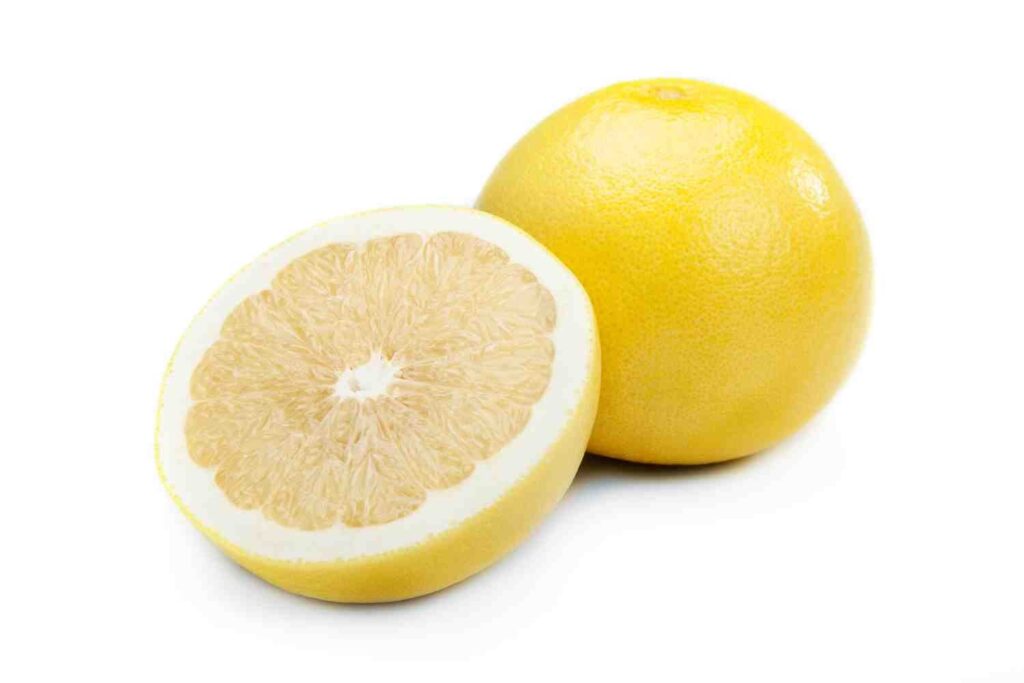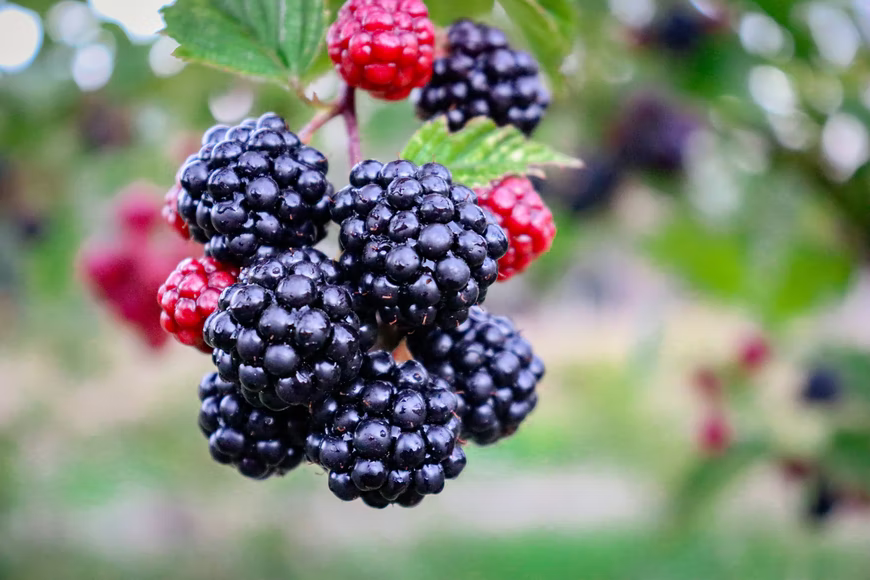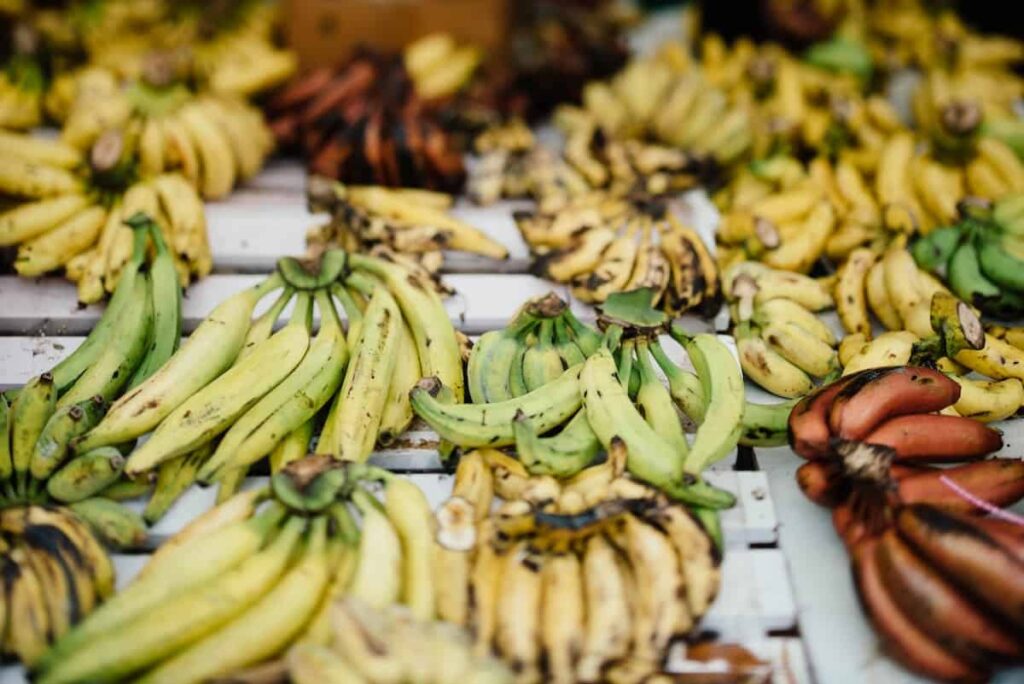Fruit is full of nutrients like vitamins, minerals, fiber, and other helpful compounds that make you healthier. Whether you enjoy it fresh or dried, fruit can be a tasty snack or a great addition to your meals. But you might wonder, is dried fruit or fresh fruit better for your health? There are good and bad points to both kinds that you should think about.
Table of Contents
- Dried Fruit Nutrition Explained
- 1. Fiber
- 2. Antioxidants
- 3. Vitamin A
- 4. Iron
- 5. Potassium
- 6. Vitamin K
- Why Dried Fruit Can Be Good for You
- Fresh Fruit Nutrition Explained
- 1. Vitamin C
- 2. Potassium
- 3. Fiber
- 4. Folate
- 5. Antioxidants
- 6. Water
- Why Fresh Fruit Can Be Good for You
- Is Dried Fruit or Fresh Fruit Healthier?
- Fiber and Water Content
- Vitamin and Mineral Levels
- Glycemic Index and Sugar Content
- Nutrient Retention
- Portability
- How to Add Dried and Fresh Fruits to Your Diet
- Dried Fruits
- Fresh Fruits
- Conclusion: Both Fresh and Dried Fruits Are Good for You
Dried Fruit Nutrition Explained
Drying fruit takes away the water, so you get a smaller, nutrient-rich snack. This means dried fruit has a lot of nutrients in a small package, including fiber, potassium, iron, and vitamins A, E, K. It also has folate and things called phytonutrients. The type of nutrients you get can change depending on what fruit it is and how it’s dried.
Let’s look at what nutrients you can find in popular dried fruits:
1. Fiber
Dried fruits like prunes, raisins, dates, figs, and apricots are full of fiber. Fiber is great for your digestion and keeping your heart healthy.
2. Antioxidants
Antioxidants help fight off inflammation in your body. Dried cranberries, apples, plums, cherries, goji berries, and blueberries are good choices to get antioxidants.
3. Vitamin A
If you eat dried apricots or mangoes, you’re getting lots of vitamin A which is good for your eyes and skin.
4. Iron
Fruits like prunes, raisins, figs, and apricots are also high in iron, which helps your metabolism and gets oxygen around your body.
5. Potassium
Dates, prunes, figs, raisins, and apricots have lots of potassium, which you need for your bones and to balance fluids in your body.
6. Vitamin K
Vitamin K helps your blood clot properly and is found in dried prunes, figs, and apricots.
Why Dried Fruit Can Be Good for You
Studies say dried fruit might have these health perks:
- Better digestion: The fiber is like food for the good bacteria in your belly, keeping everything moving and forming healthy stool.
- Less risk of diabetes: Fiber helps slow down digestion which can stop your blood sugar from jumping up too high. Eating dried fruit as part of a healthy eating plan seems to help lower the risk of diabetes.
- Heart-friendly: Special compounds and potassium in dried fruit are good for your heart because they help control blood pressure and improve how your blood moves.
- Stronger bones: Dried fruits have calcium which you need for strong bones. They also have boron, a mineral that helps your body use the calcium better.
- Feeling full: The mix of fiber and natural sugars in dried fruit makes you feel full, which can help with weight control.
- Better brain power: Dried fruits are low-glycemic foods and can help you stay sharp and focused better than sugary snacks.
Just remember that dried fruit is also rich in sugar, so eating smaller amounts is smarter.
Fresh Fruit Nutrition Explained
Fresh fruits are amazing for many of the same nutrients as dried fruit, but the bonus is they’re full of water, which helps keep you hydrated. Each type of fruit has its own mix of nutrients.
Here’s what you’ll find in most fresh fruits:
1. Vitamin C
Oranges, grapefruits, kiwi, strawberries, and cantaloupe are bursting with vitamin C, which helps your immune system.
2. Potassium
Bananas, melons, citrus fruits, and stone fruits like peaches are loaded with potassium, good for your nerves and keeping your body’s fluids in balance.
3. Fiber
Fruits like blackberries, pears, apples, raspberries, and strawberries are full of fiber to help your digestive system.
4. Folate
Citrus fruits, melons, and berries have lots of folate, which is needed for your cells to grow and work well.
5. Antioxidants
Berries, cherries, apples, mangoes, and pomegranates have antioxidants that help protect your body’s cells.
6. Water
Fruits with lots of water like melons, grapefruits, strawberries, and peaches help you drink enough fluids every day.
Why Fresh Fruit Can Be Good for You
When you eat lots of fresh fruits, it can help with:
- Managing weight: The water and fiber help you feel full so you might eat less. Fruit sugars don’t make your blood sugar spike as quickly as other sweet things.
- Heart health: Potassium helps with blood pressure, folate cuts down on something called homocysteine that’s bad for your heart, and antioxidants keep your arteries healthy.
- Preventing cancer: Certain things in fruits can fight off tumors and help detoxify your body.
- Eye health: Nutrients like lutein and zeaxanthin from fruits such as oranges and mangoes are good for your eyes and can help stop age-related eye problems.
- Boosting immunity: Vitamin C increases your white blood cells and antibodies, which helps your body fight off illnesses.
- Healthier skin: Vitamin C helps your body make collagen, which keeps your skin firm. Beta-carotene and other nutrients in fruit are also great for skin health.
- Lycopene helps keep your skin safe from sun damage.
- Hydration: Fruit’s high water content helps keep your body hydrated, which is good for your energy levels and your organs.
Fresh fruits can’t stay good for as long. To make sure you’re getting all their nutrients, you should store them right and eat them quickly.
Is Dried Fruit or Fresh Fruit Healthier?
Both dried and fresh fruits are healthy in different ways. Dried fruits have more nutrients and fiber packed into a smaller snack, while fresh fruits can help you stay hydrated and have vitamins like vitamin C that can be sensitive to drying. To have a good diet, eat a variety of both, but not too much.
Let’s look at the differences between them:
Fiber and Water Content
- Dried fruit usually has 3-5 times more fiber than fresh fruit because it loses water when it’s dried.
- Fresh fruits can be more than 90% water, which helps your daily water intake.
- This high water content in fresh fruit means it’s lower in calories compared to dried fruit, which is more concentrated in calories.
Vitamin and Mineral Levels
- Some vitamins, like vitamin C, get lower when fruit is dried, so fresh fruit has more of these types of vitamins.
- Dried fruits keep some vitamins like A, K, and B-vitamins better, as well as minerals such as iron and potassium.
- Both types of fruit have antioxidants, but dried fruit develops new ones called polyphenols in the drying process.
Glycemic Index and Sugar Content
- Dried fruit has a lower glycemic index than fresh fruit, which means it doesn’t raise your blood sugar as much.
- However, dried fruit has more sugar by serving because the natural sugars get more concentrated.
- It’s best to eat smaller amounts of dried fruit to avoid too much sugar intake, compared to the larger servings you can have with fresh fruit.
Nutrient Retention
- Dried fruit can keep its vitamins and minerals for a long time if you store them away from heat, air, and dampness.
- Fresh fruits start to lose nutrients soon after they are picked. Storing them well and eating them soon means they keep more of their nutrients.
- Some nutrients, like vitamin C and B vitamins, go down quickly in fresh fruits once they are cut, unlike dried fruits which don’t change as much.
Portability
- Dried fruits are easy to take with you, don’t need a fridge, and last a long time, making them a good snack when fresh fruit isn’t available.
- Fresh fruits need to be kept cool and handled carefully to stay fresh when you’re moving them around.
How to Add Dried and Fresh Fruits to Your Diet
Dried and fresh fruits have their own health pluses, and here are some ways you can add them to what you eat:
Dried Fruits
- Have them as a snack or put them in salads, oatmeal, yogurt, baked food, and dairy-free desserts like nice cream.
- Drink water when eating them because they have a lot of fiber, which needs water.
- Choose options without extra sweeteners, oils, or preservatives.
- Stick to small servings of 1 to 2 ounces to get fiber and antioxidants without too much sugar.
- Eating them with nuts and seeds helps balance the nutrients and makes your body absorb them more slowly.
Fresh Fruits
- Always wash them well before eating or cutting fruit like apples, pears, melons, citrus fruits, and mangoes.
- Cut them just before you eat to keep the nutrients.
- Use fresh, ripe fruit to make smoothies, chia puddings, and as toppings for oatmeal and salads, and in dips like fruit salsa.
- Add fresh fruit slices or mashed berries to water, iced tea, and drinks.
- If bananas or berries get too ripe, freeze them and use for cold treats like nice cream, fruit bars, or smoothie bowls.
Conclusion: Both Fresh and Dried Fruits Are Good for You
Dried and fresh fruits each have benefits, and eating a variety of both is part of eating healthy. Dried fruits are good for keeping around as a healthy snack that won’t go bad. Fresh fruits can help you stay hydrated and keep more of the sensitive vitamins.
To get the most out of fruits, think about how easy it is to get them, how to store them, and how each type fits with what you eat every day and your need for water. Eating both kinds can give you a good mix of vitamins, minerals, fiber, and water. Adding these plant-based foods to your diet, which should already have a lot of whole foods, can help you stay healthy for a long time.
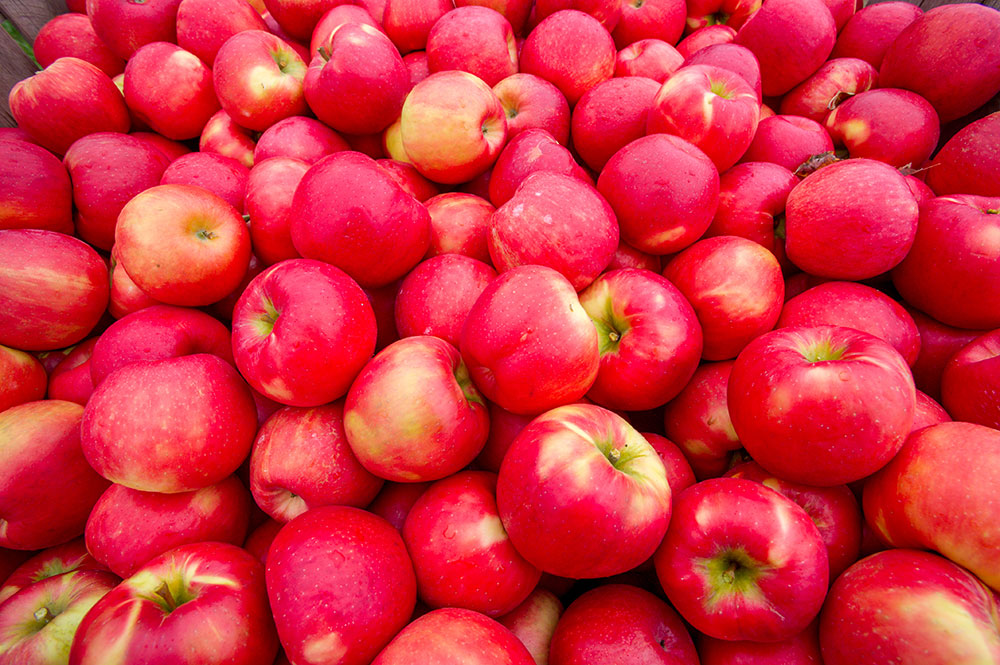
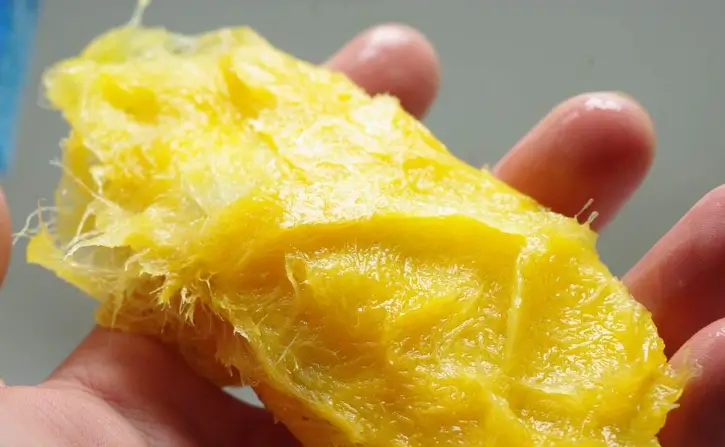

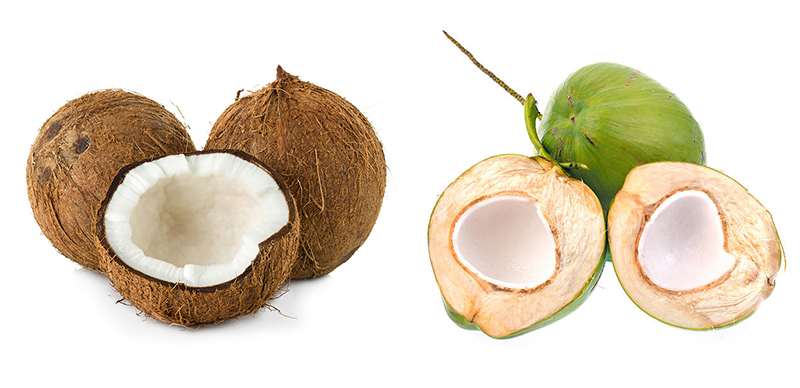
![What Is the National Fruit Of Dominican Republic? [ANSWERED]](https://fruitonix.com/wp-content/uploads/2023/04/Passion-fruit-also-known-as-Chinola.jpg)
